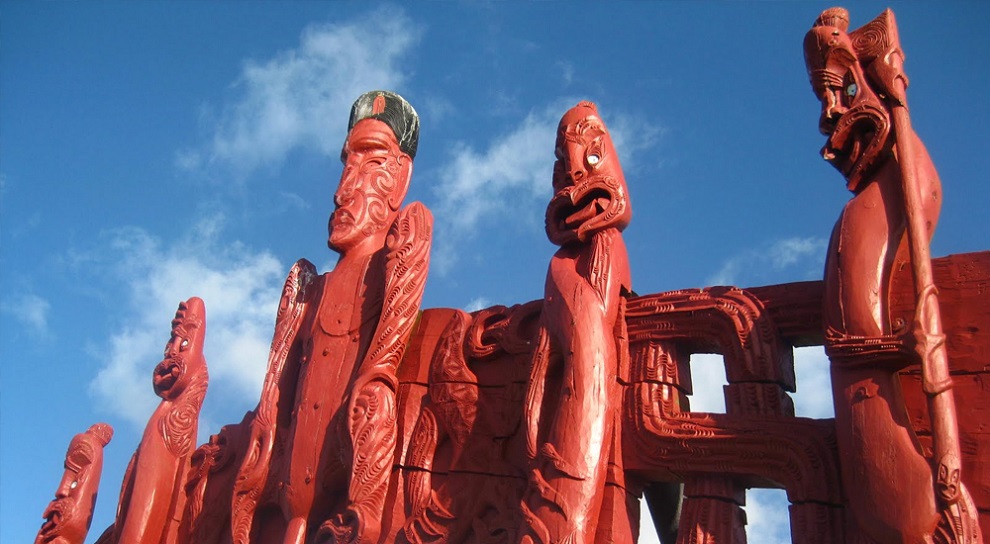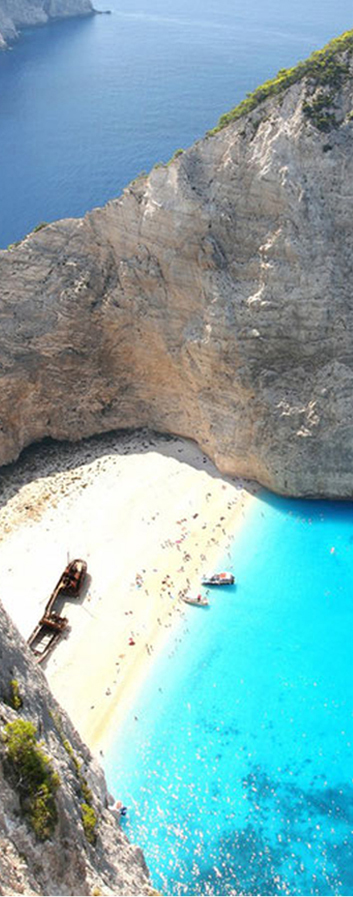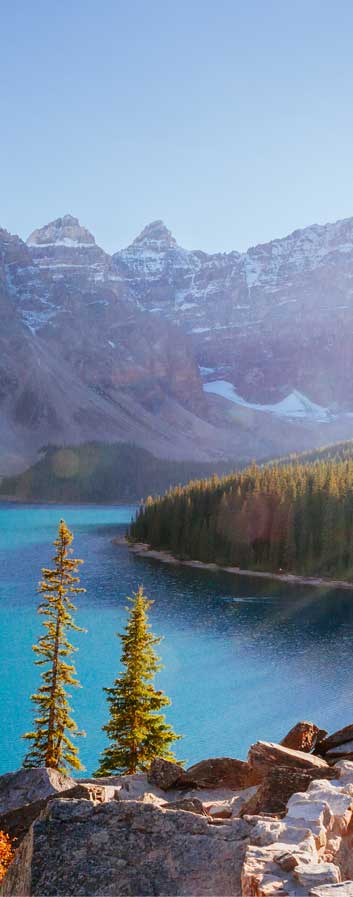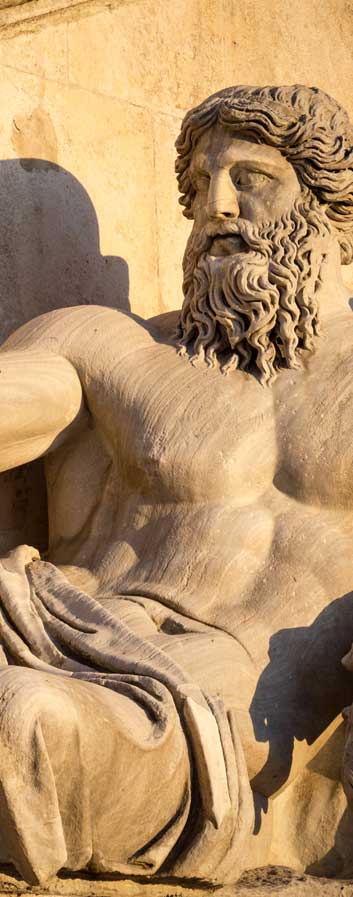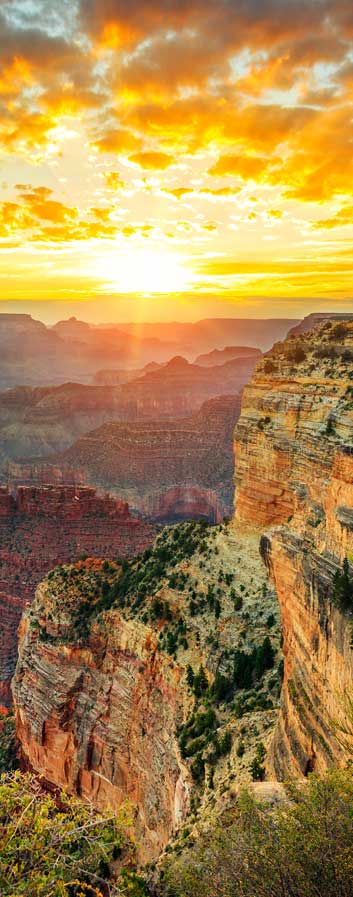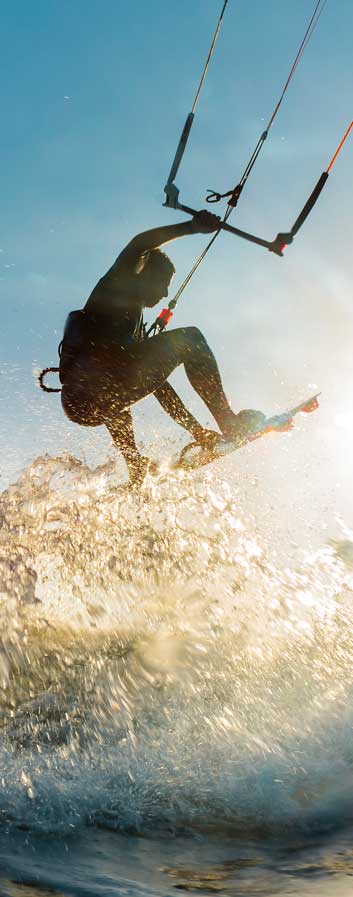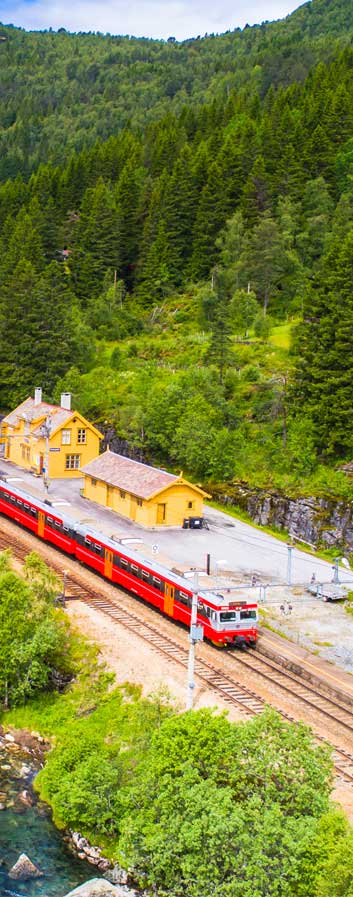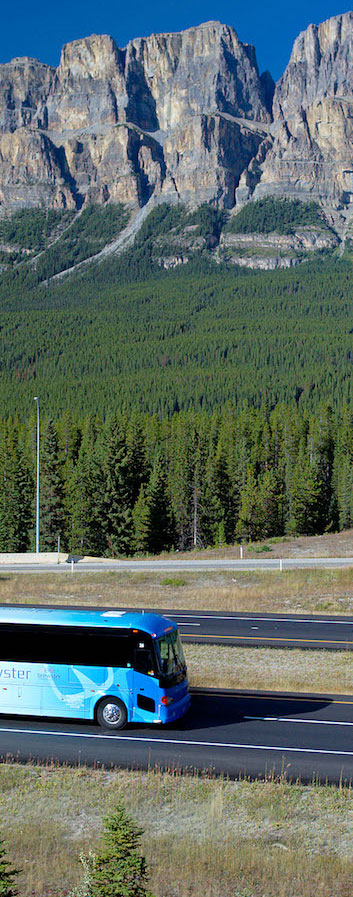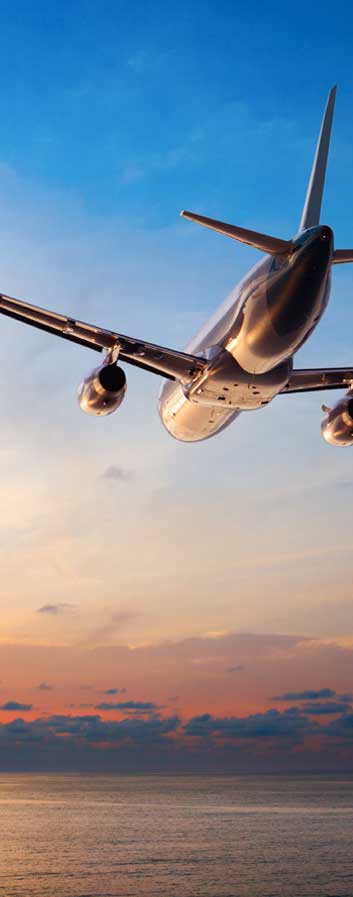Waitangi Treaty Grounds, Paihia
The Waitangi Treaty Ground is New Zealand's most historic site and is where the nation's founding document was signed between Maori chiefs and the British Crown. The immaculate grounds feature abundant native birdlife, heritage gardens, bush tracks and stunning sea views of the Bay of Islands. This unique and distinctive location is of iconic historic and cultural significance and is a 'must see' when visiting Northland.
One experience is essential in order to gain an insight into the foundation and character of this New Zealand. This story, with its drama, conflict and reconciliation, unfolds around the unique treaty that forged the relationship between Maori and the British colonists. It is the story of The Treaty of Waitangi.
The Waitangi Treaty Grounds is more than a museum. It's living history; a place where the past, present and future meet in a well-maintained natural landscape complete with guided walks, a historic precinct, an intricately-carved Maori meeting house and one of the world's largest ceremonial war canoes. A naval flagstaff marks the place where the Treaty of Waitangi was signed.
History comes alive on a guided tour and, several times a day, the He Tohu group give an intimate, spine-tingling cultural performance. The Visitors' Centre plays an awe-inspiring audio-visual show outlining the history of Waitangi and the Bay of Islands, and an artefact gallery displays taonga [treasures] in the care of the Waitangi National Trust.
On 6 February 1840, representatives of the British Crown met with prominent Māori chiefs from the northern part of the North Island, to sign the Treaty of Waitangi. New Zealand's founding document was then transported around the country to allow chiefs from other tribes to sign.
The ultimate intention of the Treaty of Waitangi, from the Crown's perspective, was to protect Māori interests from the encroaching British settlement, to provide for British settlement and to establish a government to maintain peace and order.
In 1932, the grounds where the Treaty was first signed were gifted to the nation in trust by Lord and Lady Bledisloe. Lord Bledisloe was a former Governor General of New Zealand.
Today the Waitangi Treaty Grounds, part of the 1000 acre gifted site, are referred to as the birthplace of New Zealand. The grounds include one of New Zealand's oldest and most visited historic homes. Treaty House, originally named 'The Residency' was built for the first British resident, James Busby, and his family. The name was changed to Treaty House at the request of Lord Bledisloe after the house was restored in 1933.
